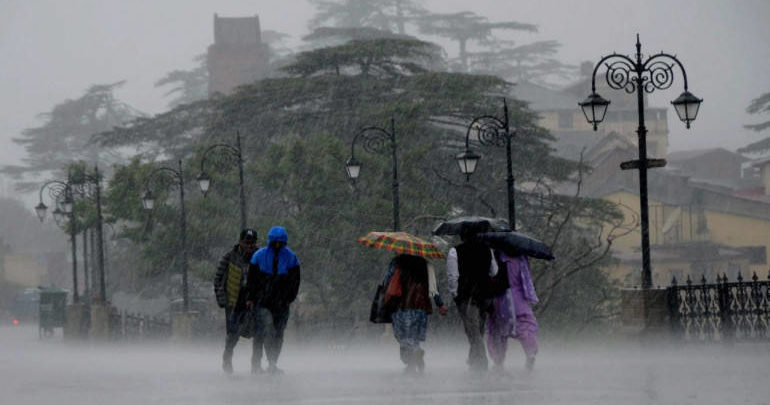Preventing Vitamin D Deficiency During Kerala’s Monsoon Season

Kerala, known as God’s Own Country, is experiencing its monsoon season with heavy rains. While it’s crucial to protect yourself from waterborne diseases, it’s also important to address the risk of vitamin D deficiency during this period. The cloudy weather and increased indoor time result in reduced sunlight exposure, a primary source of vitamin D. Despite India’s abundant sunshine, 76% of the Indian population is deficient in this essential nutrient. Understanding the importance of vitamin D and maintaining adequate levels is vital for overall health.
The Importance of Vitamin D
Vitamin D is essential for calcium absorption in the body, playing a crucial role in bone health. Inadequate calcium absorption can lead to bone diseases such as rickets in children, osteomalacia in adults, and an increased risk of osteoporosis. Vitamin D deficiency often goes undiagnosed due to a lack of severe symptoms, but several signs can indicate a deficiency:
Exhaustion and Fatigue: A lack of vitamin D can disrupt sleep patterns, causing severe fatigue and exhaustion.
Pain in Body Joints: Deficiency can lead to body aches, particularly in the ribs, joints, and legs, due to its role in calcium absorption and bone health.
Muscle Stiffness and Loss of Strength: Insufficient vitamin D affects muscle function, leading to weakness, cramps, and heaviness in the knees.
Mood Swings: Low vitamin D levels can impair nerve cell function and lead to mood disorders such as depression.
Delay in Wound Healing: Slow healing can indicate a vitamin D deficiency, as it is crucial for fighting infections and controlling inflammation.
Back Pain: Poor bone health and low calcium levels due to a deficiency can result in back pain.
Persistent Infections: Vitamin D is essential for a healthy immune system, and frequent illnesses may signal a deficiency.
Hair Loss: A lack of vitamin D affects hair follicles, leading to hair loss and baldness.
Maintaining Adequate Vitamin D Levels
To prevent vitamin D deficiency during the monsoon season, consider the following tips:
- Sunlight Exposure: Try to get sunlight exposure during breaks in the weather, ideally in the morning or late afternoon.
- Diet: Include vitamin D-rich foods in your diet, such as fatty fish, fortified dairy products, and egg yolks.
- Supplements: Consult your healthcare provider about taking vitamin D supplements if you are at risk of deficiency.
- Exercise: Engage in regular physical activity to support overall health and bone strength.
- Monitor Symptoms: Pay attention to the symptoms mentioned above and seek medical advice if you experience any.
By being proactive about vitamin D intake, you can help maintain your health during Kerala’s monsoon season.






